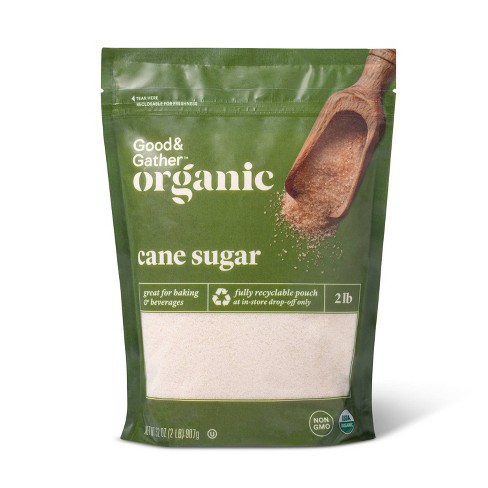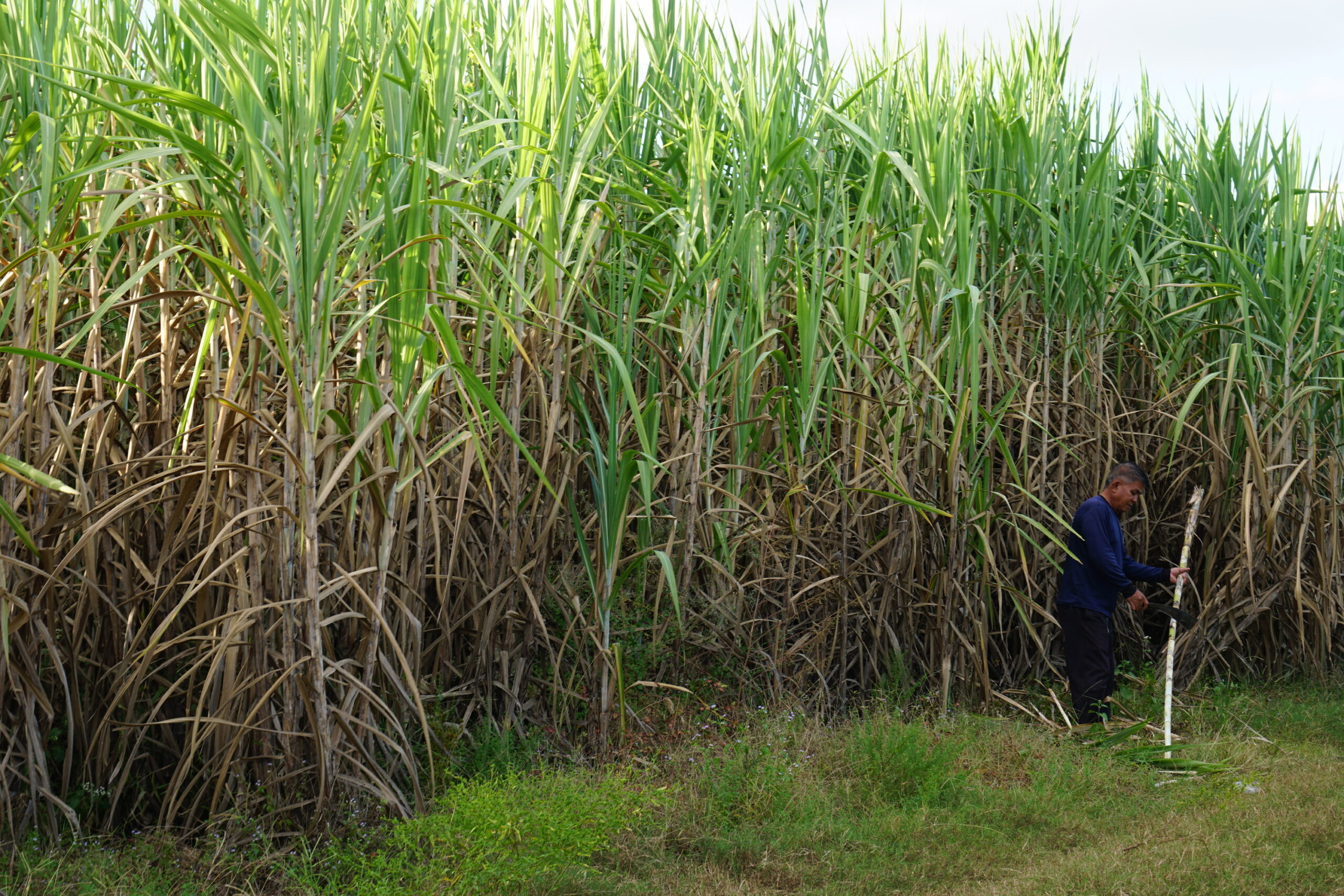Exploring the Global Impact of Sugar and Cane on Economy and Culture
Exploring the Global Impact of Sugar and Cane on Economy and Culture
Blog Article
Why Walking Cane Sugar Processing Chemicals Are Crucial for Modern Sugar Refining
The role of walking stick sugar processing chemicals in contemporary sugar refining can not be overemphasized, as they are essential to boosting both the efficiency of removal and the total high quality of the last product. Agents such as phosphoric acid and certain flocculants are used to eliminate pollutants, leading to sugar that not just meets consumer assumptions yet additionally complies with sector criteria. The ramifications of these chemicals prolong past top quality, touching upon market dynamics and ecological factors to consider. sugar and cane. This raises crucial concerns concerning the sustainability of such practices and their effect on the future of sugar production.
Duty of Handling Chemicals
The efficiency of cane sugar processing pivots substantially on the strategic application of handling chemicals. These chemicals play a crucial function in improving the performance and quality of sugar extraction and refining. From the initial phases of juice extraction to the final filtration actions, handling chemicals assist in numerous vital procedures.
In the extraction phase, chemicals such as phosphoric acid and calcium hydroxide are utilized to maximize the explanation procedure, aiding to get rid of pollutants and suspended solids from the cane juice. This not only boosts the yield however likewise makes certain the clearness of the end product. Additionally, representatives like flocculants help in the quick settling of contaminations, thereby improving the total process.
As the processing advances, chemicals are made use of in decolorization and condensation stages. Triggered carbon and ion exchange materials serve to eliminate shade and smell, making sure that the refined sugar satisfies consumer quality criteria. Eventually, the duty of handling chemicals extends beyond functional performance; they significantly influence the sensory features of the end product, adding to market competition. Hence, the meticulous choice and application of these chemicals are crucial for attaining optimum results in walking stick sugar processing.
Secret Types of Chemicals
Walking cane sugar processing depends on a range of essential chemicals that assist in each phase of manufacturing. These chemicals play necessary duties in clarifying, whitening, and cleansing the sugar extracted from cane.
One main category of chemicals consists of flocculants, such as polyacrylamide, which aid in the information procedure by advertising the aggregation and settling of impurities. In addition, calcium hydroxide is frequently employed to neutralize acidity and aid in the removal of non-sugar parts.
Bleaching agents, such as turned on carbon and sulfur dioxide, are utilized to decolorize the syrup, causing a more clear end product. These chemicals help eliminate color substances that might impact the sugar's look and bankability.
Additionally, phosphoric acid works as a pH regulatory authority during the processing stages, making sure optimum problems for the enzymatic activities associated with sugar removal and filtration.
Other important agents consist of edta (ethylenediaminetetraacetic acid), which chelates steel ions that could catalyze undesirable responses, and sodium hydroxide, which assists in pH control throughout the refining process. Collectively, these chemicals enhance performance and make certain a premium cane sugar item.
Benefits for Sugar High Quality
Frequently forgotten, making use of details processing chemicals dramatically improves the overall top quality of cane sugar. These chemicals play a crucial duty in refining procedures, ensuring that the end product meets strict sector standards for purity and preference.

In addition, refining chemicals aid in attaining a regular granulation and texture, which are vital for consumer acceptance. By controlling the crystallization procedure, these chemicals make sure that the sugar crystals create consistently, causing a much more attractive item that liquifies well in various applications.
Moreover, using these chemicals can boost the life span of cane sugar by minimizing dampness absorption and microbial development. Generally, the calculated application of handling chemicals is vital for delivering top quality walking cane sugar that meets consumer assumptions and market demands.
Ecological Effect Factors To Consider

In addition, the energy-intensive nature of sugar refining, worsened by chemical use, typically results in boosted carbon emissions. This adds to climate modification and increases worries pertaining to the sustainability of current refining practices. Additionally, the sourcing of these chemicals may involve practices that threaten biodiversity, such as monoculture farming, which decreases the durability of agricultural ecological communities.

To minimize these influences, sugar refiners are significantly discovering lasting options and embracing best practices that decrease chemical use. Carrying out strenuous environmental management systems can help make certain that the refining procedure lines up with ecological requirements and promotes biodiversity. Inevitably, a well balanced strategy that focuses on both sugar high quality and environmental stewardship is essential for the lasting feasibility of the sugar industry.
Future Trends in Refining
As the sugar sector comes to important link grips with the environmental difficulties connected with standard refining techniques, ingenious methods are arising to improve both efficiency and sustainability. One substantial trend is the fostering of green chemistry concepts, which prioritize the use of non-toxic, eco-friendly processing chemicals. This change not just lessens environmental influence however additionally addresses consumer need for cleaner production approaches.
Another appealing development is the application of advanced purification innovations, such as membrane layer separation and adsorption processes. These strategies enhance the quality and high quality of the sugar while lowering the volume of wastewater produced throughout refining. Furthermore, the assimilation of digital innovations, consisting of IoT and AI, is changing operational performance by enabling real-time monitoring and anticipating upkeep, hence reducing source waste.
Furthermore, the use of spin-offs from sugar refining, such as bagasse and molasses, is acquiring traction. These materials can be exchanged biofuels or value-added products, contributing to a circular economic climate within the market. Jointly, these fads signify a shift towards more sustainable methods that not just boost operational effectiveness however likewise line up with international sustainability goals, guaranteeing the future stability of sugar refining.
Conclusion
Cane sugar processing chemicals are vital in contemporary sugar refining, dramatically boosting the performance and top quality of sugar removal. The strategic use these chemicals not only improves the purity and flavor of the last item yet additionally ensures regular formation and appearance. As the market significantly focuses on sustainability, the fostering of environmentally-friendly processing agents is most likely to form future fads in refining, eventually causing greater high quality products and expanded life span for customers.

Inevitably, a balanced approach that focuses on both sugar top quality and ecological stewardship is crucial for the long-term stability of the sugar sector.
Walking stick sugar processing chemicals are essential in modern sugar refining, this link substantially enhancing the effectiveness and quality of sugar removal.
Report this page